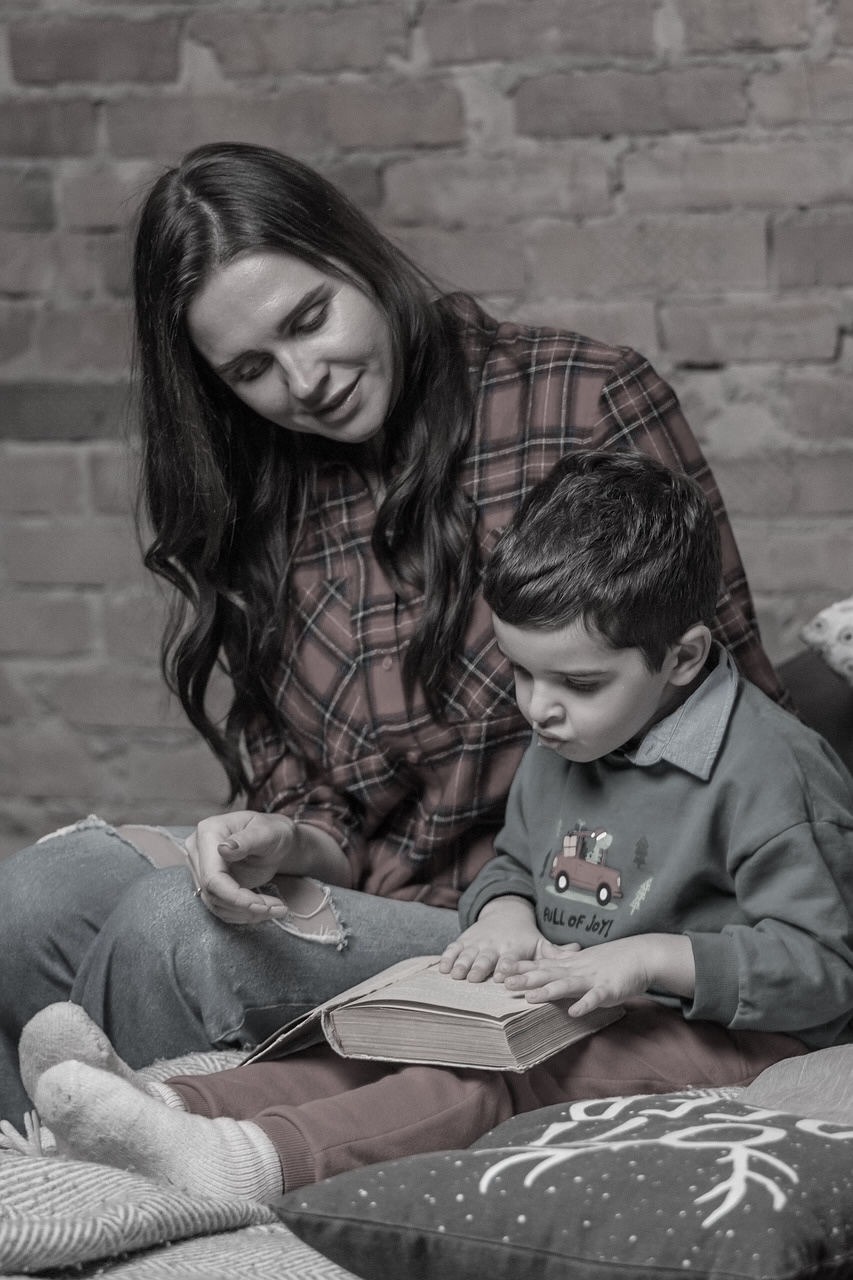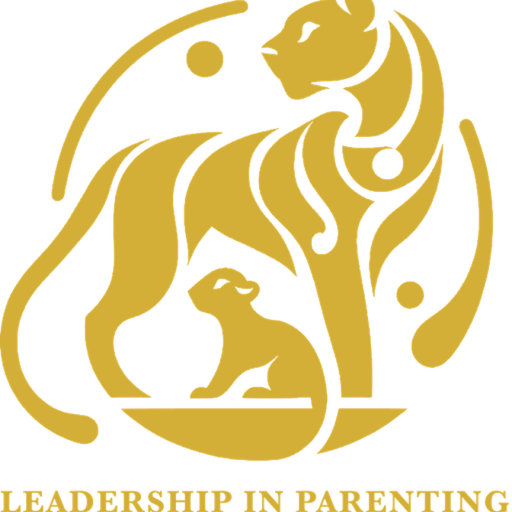Module II –
How to Educate a Leader Child
A true leader cannot be limited or forced into acting or thinking in any predetermined way. They operate beyond the constraints of arbitrary rules, possessing a clear command over their own mindset and behavior. Imposing your own persona, rules, or way of thinking won’t achieve this. What do you truly want for your child? To conform or to lead?
Description
DISCIPLINE traditionally involves setting rules and enforcing consequences to correct behavior or teach boundaries. It’s often viewed as a method for guiding immediate behavior, establishing authority, and demonstrating what is unacceptable. Discipline is typically reactive, applied after undesirable behavior has occurred, and relies on conformity and control. This approach may include punishments, natural consequences, or strict rules to deter misbehavior. At its core, discipline involves enforcing consequences for rule-breaking, with the parent asserting authority through limits, punishments, or restrictions. This kind of discipline rests on the belief that a child must experience an unpleasant consequence when rules are broken, thus discouraging future misbehavior. It’s akin to law: if you break the rules, there is a penalty. For every infraction, the state enforces consequences, be it a fine, restriction, or imprisonment. Thus, discipline is rooted in rules and a coercive system to ensure strict adherence.
EDUCATION by contrast, has a broader, more meaningful purpose. It goes beyond correcting behavior, focusing instead on developing a child’s skills, knowledge, and values to help them grow into a responsible, self-reliant, and self-aware individual. Education is not just about what a child should avoid doing but about what they can learn, how to manage emotions, think critically, and work well with others. Unlike discipline, which reacts to misbehavior with punishment, education is a proactive, ongoing process rooted in learning through example, guidance, and open dialogue. Education establishes a partnership with the child, fostering mutual cooperation and understanding. Here, the focus is on building a healthy relationship that allows the child to make responsible decisions through experience and by accepting the natural outcomes of their actions. In this framework, the parent acts as a guide and coach, not an authoritarian figure imposing punishments. Consequences are natural, resulting directly from the child’s actions, which helps them understand real-world cause and effect, taking responsibility without fear of arbitrary punishment.
Therefore, discipline tends to be limited and behavior-specific, often developing a sense of conformity based on fear or the desire to avoid punishment. In contrast, education is holistic, nurturing an internal sense of self-control, autonomy, intrinsic motivation, and responsibility in the child.
So, which would you choose for your child—discipline or education?
Personally, I favor education over discipline because only education can cultivate leadership qualities in your child. A true leader cannot be controlled through punishment; they must do what is right and just out of internal motivation.
An educated child, unlike one disciplined with sanctions, learns to make choices rooted in values and principles, not out of fear or obligation. A leader child makes sound decisions because they resonate with their authentic self, not from fear of consequences. Through education, you equip your child with the tools to understand the reasoning behind rules and develop a personal framework of values, motivations, and responsibilities.
Only this way will you raise a child who becomes a leader through inner strength, driven by the desire to live meaningfully and act from conviction.
In this module, we will explore how to educate—not merely discipline—but truly educate a child to become a leader.

